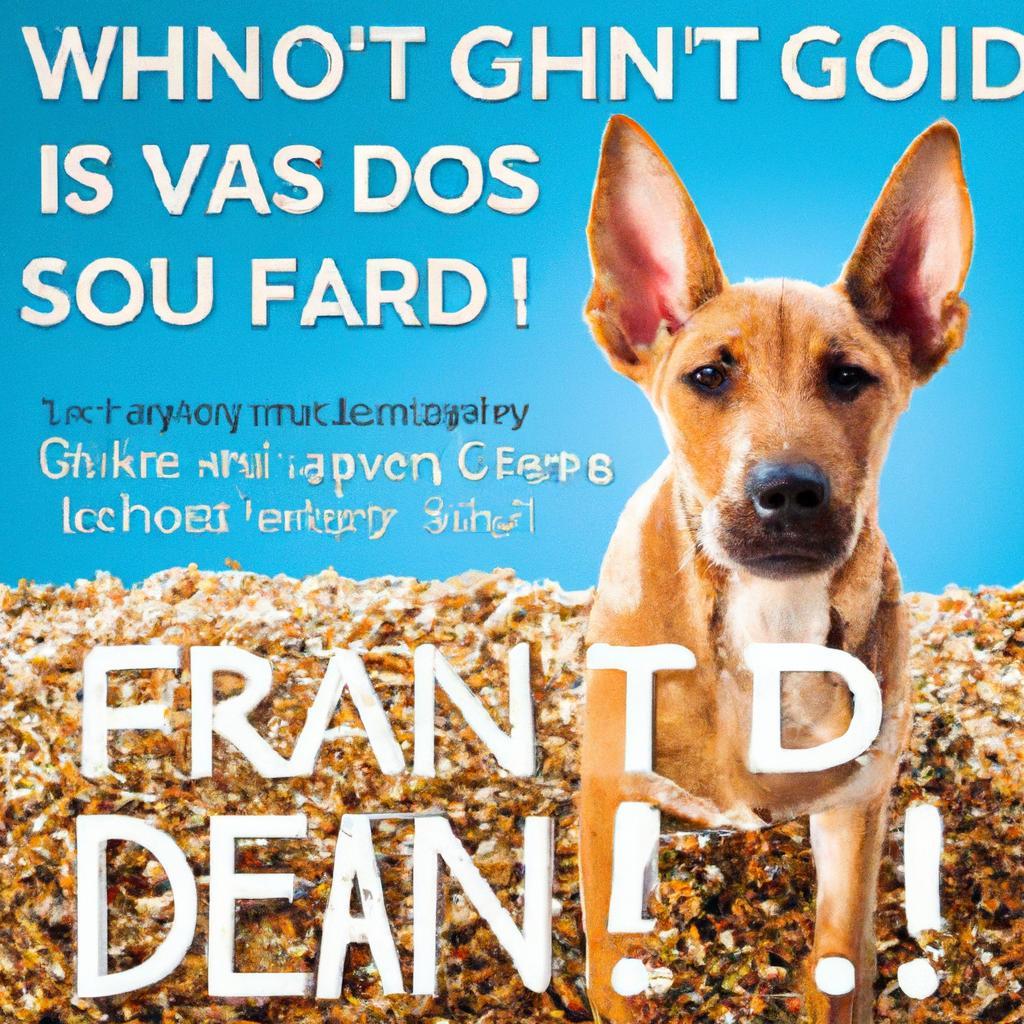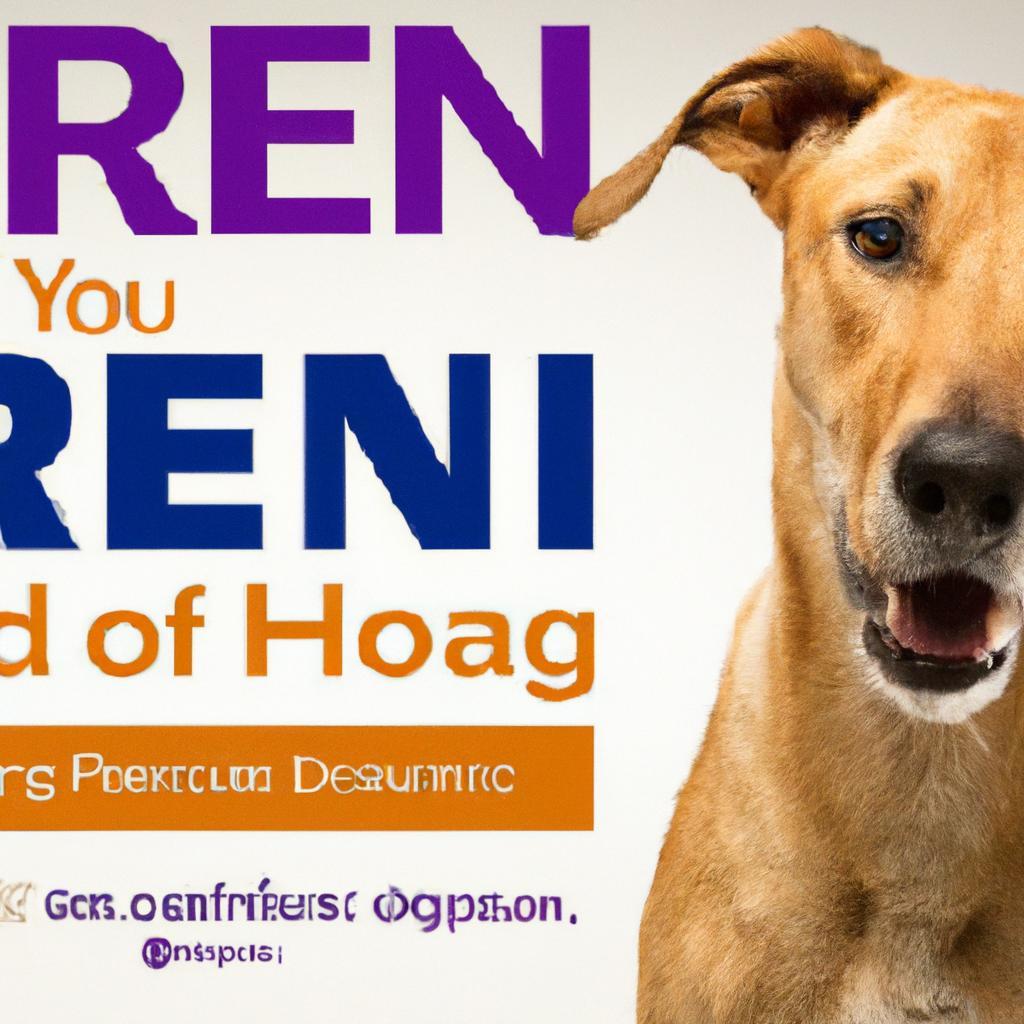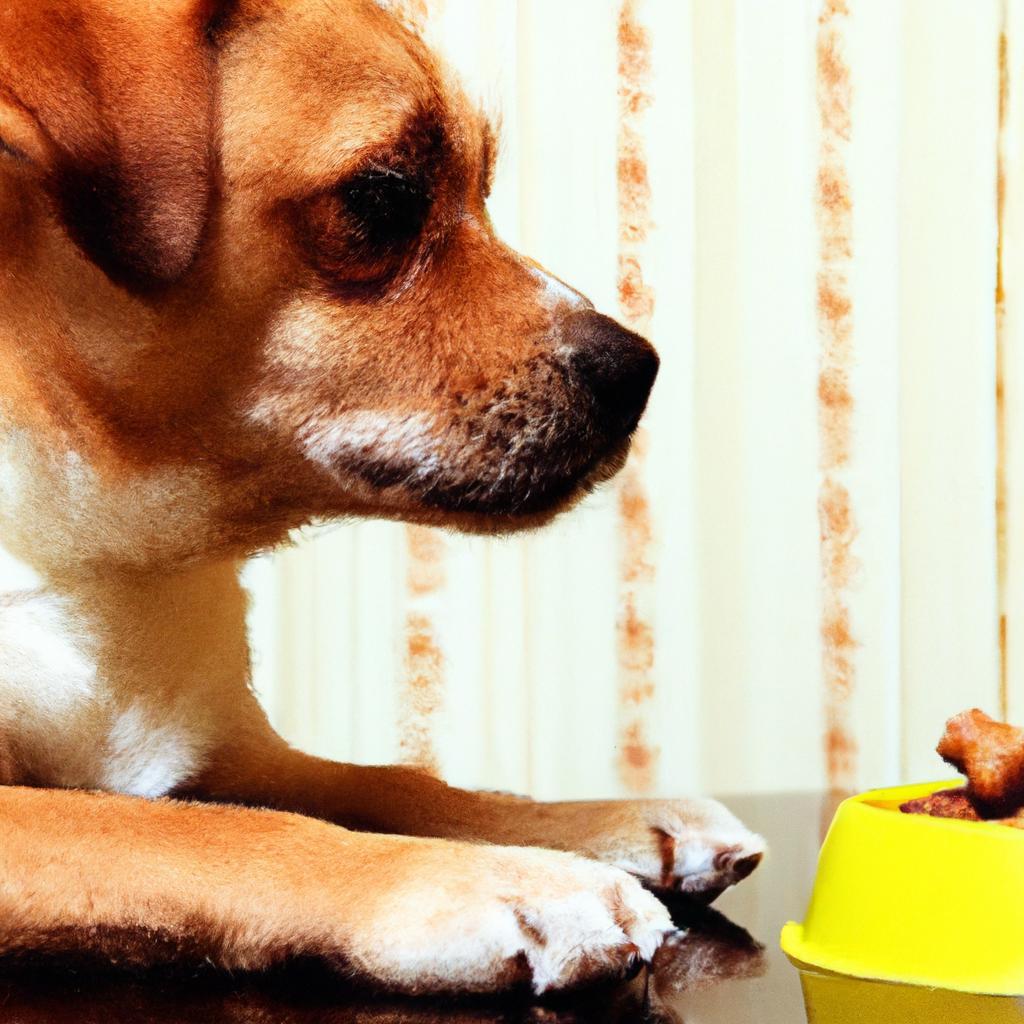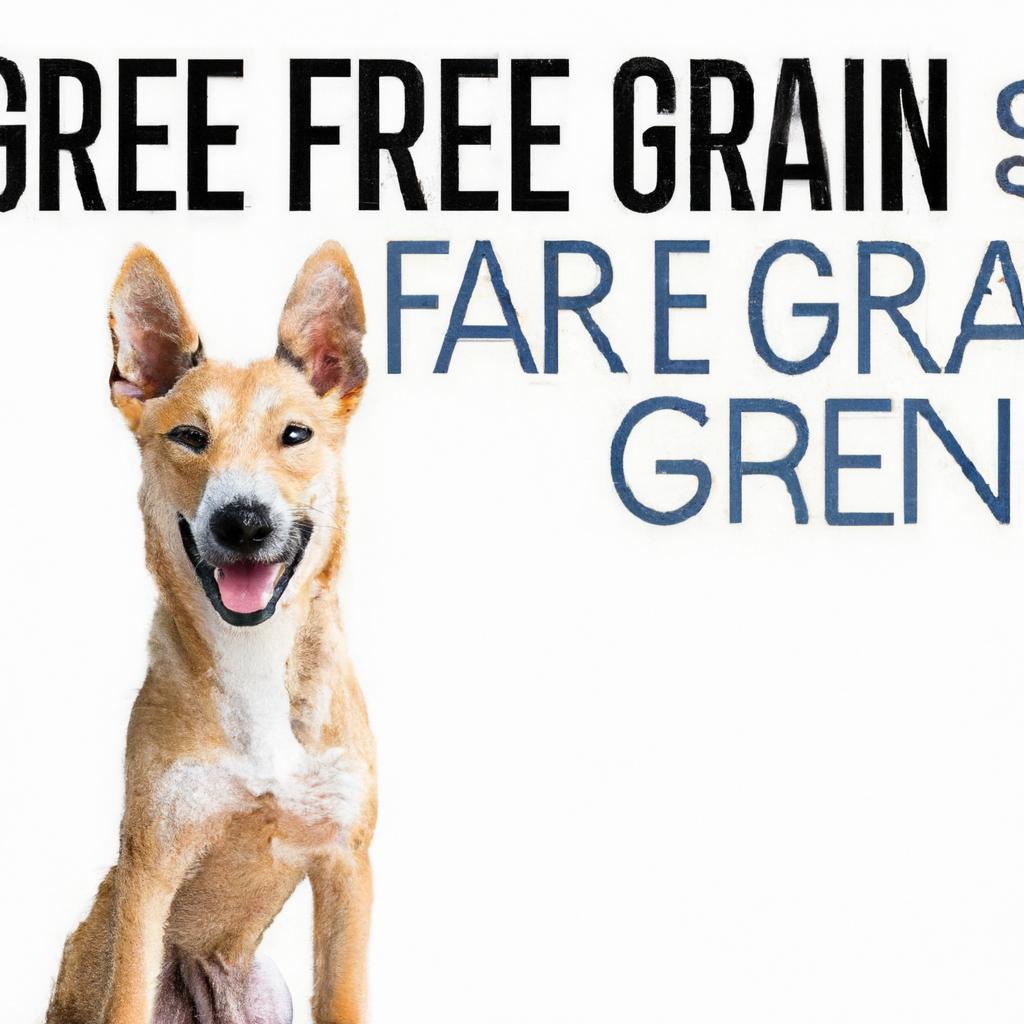Once, a beloved golden retriever named Max thrived on a grain-free diet, or so his owner believed. However, after months of feeding him this trendy food, Max developed a serious heart condition known as dilated cardiomyopathy (DCM). Veterinarians discovered a troubling link between grain-free diets and DCM in certain breeds. They emphasize that grains provide essential nutrients and fiber. Choosing a balanced diet, including grains, can safeguard your dog’s health and ensure a long, happy life. Don’t gamble with your pet’s well-being—consult your vet for the best nutrition.
Contents
- Understanding the Nutritional Needs of Dogs in Relation to Grain-Free Diets
- The Potential Health Risks Associated with Grain-Free Dog Food
- Evaluating the Evidence: Research on Grain-Free Diets and Canine Health
- Guidelines for Choosing the Right Dog Food: Expert Recommendations for Pet Owners
- Q&A
Understanding the Nutritional Needs of Dogs in Relation to Grain-Free Diets
When considering the dietary needs of dogs, it’s essential to recognize that their nutritional requirements are complex and multifaceted. Dogs are omnivores by nature, which means they thrive on a balanced diet that includes a variety of food sources. While grain-free diets have gained popularity, it’s crucial to understand that grains can provide valuable nutrients that contribute to overall health. These include essential vitamins, minerals, and fiber that support digestion and energy levels.
Many veterinarians express concerns about grain-free diets primarily due to the potential link between such diets and certain health issues, particularly canine dilated cardiomyopathy (DCM). Research has suggested that diets high in peas, lentils, and other non-grain ingredients may be associated with this serious heart condition. While the exact cause is still under investigation, the possibility of nutrient deficiencies in grain-free formulations raises red flags for pet health. A well-rounded diet that includes grains can help mitigate these risks.
Moreover, grains like brown rice, oats, and barley are excellent sources of carbohydrates, which are vital for energy. They also provide **soluble and insoluble fiber**, promoting healthy digestion and preventing gastrointestinal issues. By excluding grains, some grain-free diets may inadvertently lead to an imbalance in a dog’s diet, potentially resulting in deficiencies in essential nutrients such as B vitamins and certain amino acids. This imbalance can affect a dog’s overall vitality and well-being.
Lastly, it’s important to consider that not all dogs have grain allergies or sensitivities. In fact, many dogs can digest grains without any adverse effects. A grain-inclusive diet can offer a more stable source of energy and nutrients, which is particularly beneficial for active breeds. Therefore, before making the switch to a grain-free diet, pet owners should consult with their veterinarians to ensure that their dog’s specific nutritional needs are being met, ultimately leading to a healthier and happier life for their furry companions.
The Potential Health Risks Associated with Grain-Free Dog Food
As the trend of grain-free diets for dogs continues to gain popularity, it’s essential to consider the potential health risks that may accompany such choices. While many pet owners believe that eliminating grains can lead to better health outcomes for their furry companions, veterinary professionals have raised concerns about the long-term effects of these diets. One of the primary issues is the risk of nutritional deficiencies. Grain-free dog foods often rely heavily on alternative carbohydrate sources, which may not provide a complete and balanced nutrient profile necessary for optimal canine health.
Another significant concern is the association between grain-free diets and canine dilated cardiomyopathy (DCM). This serious heart condition has been linked to certain grain-free formulations, particularly those high in peas, lentils, and other legumes. Studies have indicated that some dogs consuming these diets have developed DCM, leading veterinarians to caution pet owners about the potential risks. The exact mechanism behind this correlation remains under investigation, but the implications are alarming enough to warrant careful consideration.
Moreover, grain-free diets can sometimes lead to gastrointestinal issues. Dogs that are suddenly switched to a grain-free diet may experience digestive disturbances, including diarrhea, vomiting, and bloating. These symptoms can be distressing for both pets and their owners, and they may indicate that the new diet is not suitable for the dog’s individual digestive system. It’s crucial to recognize that not all dogs thrive on the same diet, and what works for one may not work for another.
Lastly, the marketing of grain-free dog foods often plays on misconceptions about canine nutrition. Many pet owners are led to believe that grains are inherently harmful, when in fact, high-quality grains can provide essential nutrients and energy. By focusing solely on grain-free options, pet owners may overlook other important dietary components that contribute to their dog’s overall health. Consulting with a veterinarian can help ensure that your dog’s diet is both safe and nutritionally adequate, allowing for a balanced approach to their dietary needs.
Evaluating the Evidence: Research on Grain-Free Diets and Canine Health
When it comes to canine nutrition, the debate surrounding grain-free diets has garnered significant attention from pet owners and veterinarians alike. Recent studies have attempted to shed light on the potential health implications of these diets, particularly concerning heart health. One of the most alarming findings is the association between grain-free diets and an increase in cases of dilated cardiomyopathy (DCM), a serious heart condition that can affect dogs, especially certain breeds.
Research has indicated that dogs on grain-free diets, particularly those high in peas, lentils, and potatoes, may be at a higher risk for developing DCM. While the exact mechanism remains unclear, the correlation has prompted veterinary professionals to urge caution. They emphasize the importance of a balanced diet that includes grains, which can provide essential nutrients and fiber that support overall health.
Moreover, the nutritional adequacy of grain-free diets is often questioned. Many grain-free formulations lack essential vitamins and minerals that are typically found in traditional dog foods. This deficiency can lead to long-term health issues, including poor coat condition, digestive problems, and weakened immune function. Veterinarians advocate for diets that are scientifically formulated to meet the specific needs of dogs, ensuring they receive a well-rounded intake of nutrients.
In light of these findings, it is crucial for pet owners to consult with their veterinarians before making significant changes to their dog’s diet. A professional can provide tailored advice based on the individual dog’s health status, breed, and lifestyle. By prioritizing evidence-based nutrition, pet owners can help ensure their furry companions lead healthy, vibrant lives.
Guidelines for Choosing the Right Dog Food: Expert Recommendations for Pet Owners
When selecting the best dog food for your furry friend, it’s essential to consider the nutritional balance that supports their overall health. Many veterinarians express concerns about grain-free diets, primarily due to the potential link between these diets and certain health issues, such as dilated cardiomyopathy (DCM). This condition affects the heart muscle and can lead to serious complications. Therefore, understanding the implications of grain-free options is crucial for pet owners.
One of the primary reasons vets caution against grain-free dog food is the **lack of essential nutrients** that grains provide. Grains like brown rice, oats, and barley are rich in vitamins, minerals, and fiber, which contribute to a well-rounded diet. By eliminating these ingredients, pet owners may inadvertently deprive their dogs of vital nutrients necessary for optimal health. It’s important to ensure that any dog food chosen meets the nutritional standards set by the Association of American Feed Control Officials (AAFCO).
Additionally, many grain-free dog foods rely heavily on alternative carbohydrate sources, such as peas, lentils, and potatoes. While these ingredients can be beneficial, they may not provide the same level of digestibility and energy that traditional grains offer. **Veterinarians often recommend** looking for foods that include high-quality protein sources and a balanced mix of carbohydrates to support your dog’s energy levels and digestive health.
it’s essential to consult with your veterinarian when considering a diet change for your dog. They can provide personalized recommendations based on your pet’s specific health needs, age, and activity level. By prioritizing a balanced diet that includes grains, you can help ensure your dog remains healthy and happy for years to come. Remember, the right food is not just about avoiding certain ingredients; it’s about providing a comprehensive diet that supports your pet’s overall well-being.
Q&A
-
What is the main concern with grain-free dog food?
Veterinarians are concerned that grain-free dog foods may be linked to an increased risk of dilated cardiomyopathy (DCM), a serious heart condition. Studies suggest that certain grain-free diets, particularly those high in peas, lentils, and potatoes, may contribute to this risk.
-
Are grains harmful to dogs?
No, grains are not inherently harmful to dogs. In fact, many dogs can digest grains well and benefit from the nutrients they provide. Whole grains can be a good source of energy, fiber, and essential nutrients.
-
What should I look for in a dog food?
When choosing dog food, look for a balanced diet that meets the nutritional needs of your pet. This includes high-quality protein sources, healthy fats, and a mix of carbohydrates, which can include grains. Consult your veterinarian for personalized recommendations based on your dog’s health and lifestyle.
-
Can I feed my dog a grain-free diet safely?
While some dogs may thrive on a grain-free diet, it is crucial to monitor their health closely. If you choose to feed your dog grain-free food, ensure it is well-balanced and consult your veterinarian regularly to assess any potential health risks.
while grain-free dog food may seem appealing, the potential health risks it poses cannot be overlooked. Prioritizing your pet’s well-being means choosing a balanced diet backed by veterinary science. Consult your vet for the best nutrition for your furry friend.

大家好,我是彼得潘,專業的手法身體治療師。我喜歡探索和研究各種主題,並透過與人工智慧的合作分享專業、實用、有趣的文章。我們定期進行人工審核,以確保內容的準確性。如果您發現文章中有任何不準確的地方,請隨時與我們聯繫,我們會及時糾正。您可以透過 [email protected] 與我們聯繫。



